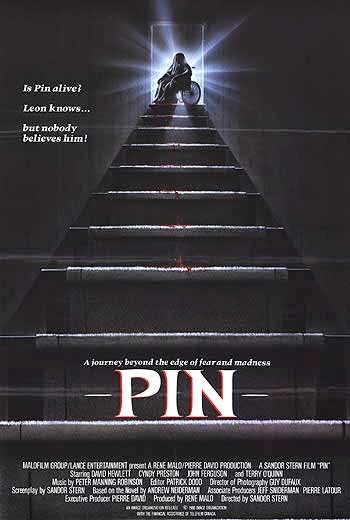Monday, January 28, 2013
"Hiroshima, Mon Amour" Is An Interesting Look at the Past
Having seen the exceptionally brilliant 2012 film, “Amour,” I now find myself interested in watching past films starring the two leads, Emmanuelle Riva and Jean-Louis Trintignant. So far, my Netflix queue contains films in which Trintignant appeared, including “A Man and a Woman” (1966), “Z” (1969), and “The Conformist” (1971). I have recently watched “Hiroshima, Mon Amour,” a 1959 French film starring Emmanuelle Riva. “Hiroshima, Mon Amour,” a French-Japanese co-production, available as part of the Criterion Collection, and available from Netflix, was Riva’s first film. It may be of some interest at this point to note that the Japanese film studio which took part in the making of this film was Daiei, the same studio that produced the Gamera films, five of which were featured on the great Mystery Science Theater 3000. Gamera was the flying turtle that appeared in several films from the 1950's to as recently as 2008. If this is not of any interest, then simply continue on reading. It may get better from here.
Riva plays Elle, a French actress who is making a film in Hiroshima, 14 years after that city was bombed by the United States. Elle has a brief one day romance with a Japanese architect named Lui, played by Eiji Okada. The film is about several things. The most interesting aspect of the film is to ponder the effects of having an atomic bomb dropped on a city. “Hiroshima, Mon Amour,” does open one’s mind to the effects on a population of having such mass destruction done to it, whether those people lived in an enemy country at the time or not. We see that Hiroshima is in the process of rebuilding itself and that Lui is proud of his city and his country.
The love story in the film is a fleeting and shallow one, more of a tale of lust than of love. The lovers know each other for only one day so the angst expressed by Elle throughout the course of the film is a bit shallow and sometimes ponderous. If one were to read into the thoughts of both characters, I believe the truth about both is that they feel trapped in marriages that are, on the surface, stable, but in reality are completely unfulfilling physically and, perhaps, emotionally. Though it is implied within the dialogue, this idea in the film is not explored fully, only more of a part of both characters, characteristics of both Elle and Lui, based upon their actions in the film. This would have been a very interesting subject to explore, however, perhaps because of when the film was made, this plays as subtext, which, in the end, is probably best. As a result, more interesting is Elle’s sympathy toward Lui, not as a lover, but as a citizen of a city that has found itself rebuilding for 14 years. The opening 15 minutes of the film document the destruction done to Hiroshima and if one distances oneself from any political or historical facts and focuses on the loss of life, perhaps he or she can appreciate the inhumane and simply insane, psychopathic thing that is war.
Being a French film, “Hiroshima, Mon Amour” is obviously a French point of view of what happened in Hiroshima. Even though France was one of the Allies during World War II, the film still feels as if it is an outsider’s view of that time in history. This is not a criticism of the film. It is merely an observation that has no effect positively or negatively on the film.
“Hiroshima, Mon Amour” was probably a difficult film to consider in one’s mind in 1959. Japan was an Axis Power during WW2, so the natural reaction for audiences in the U.S, the United Kingdom, and France may have been to feel indifference towards the destruction of Hiroshima, a brief 14 years after WW2 had ended. The film dares the viewer to look past the viewers’ prejudices, those likely still felt by many Americans in 1959, and face the reality of the suffering that occurs as a result of any war. For this reason, the film succeeds as a work of substance, substance that delves beyond the love story contained within. The love story can be seen as simply a plot device used to lure people into the theater. The performances by the beautiful Riva and Eiji Okada are very good, even if their characters lean towards the melodramatic. I am glad I watched "Hiroshima, Mon Amour and I recommend it to anyone interested in seeing more of Riva's films and anyone interested in recent Japanese history.
Subscribe to:
Post Comments (Atom)





















































































No comments:
Post a Comment